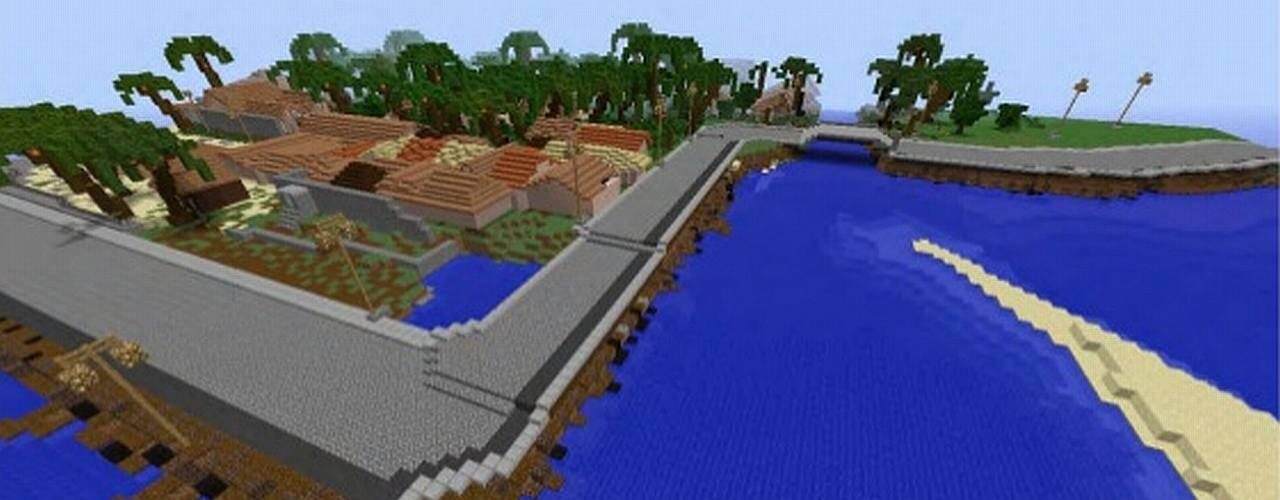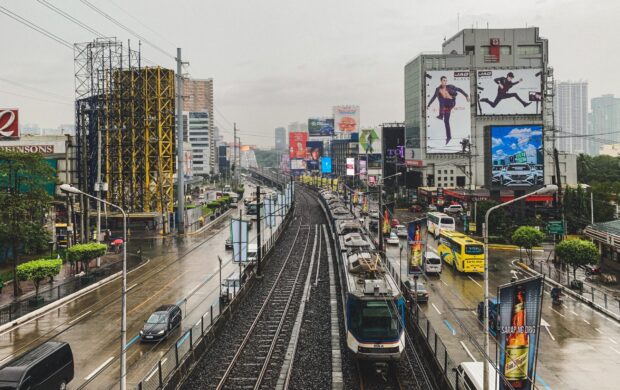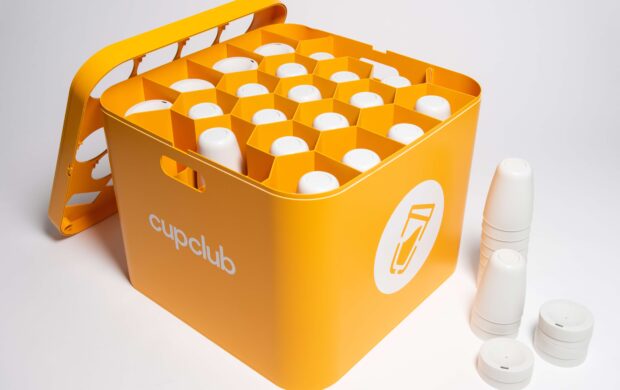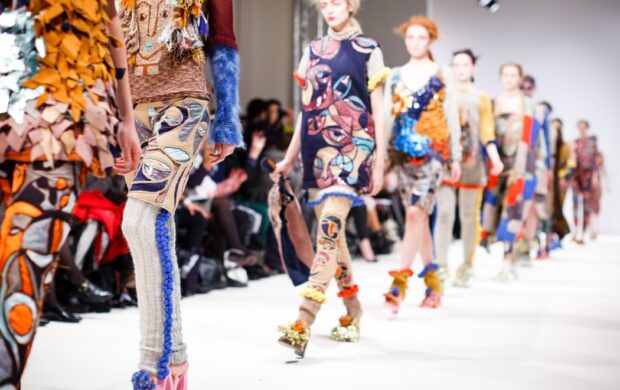UN-habitat, the UN agency that promotes sustainable cities and towns, is using the popular game Minecraft to involve local citizens in the design of public urban spaces such as playgrounds, parks, marketplaces and squares.

The UN partnership with Mojang (the makers of Minecraft) is called “Block by block” and is being used to upgrade 300 public spaces around the world from 2012 – 2016, in cities such as Nairobi, Kathmandu, Mogadishu and Mumbai. Local people and children who use the spaces are invited to ‘walk around’ and discuss the proposed designs in Minecraft, and then make changes. Sometimes Minecraft competitions are also used to draw out more ideas from the community. Minecraft has turned out to be an ideal facilitation tool for this process due to the ease with which the physical world can be modelled in it.
Once agreed upon, the co-designed plans are implemented to create high quality, inclusive public spaces that can be maintained in the long term.
The targeted public spaces are typically in deprived areas, such as a current project in a slum area of Les Cayes, Haiti. In this case the aim is to upgrade a waterfront currently used as a dumping ground and latrine, and transform it into a public walkway for all the citizens of Les Cayes.









